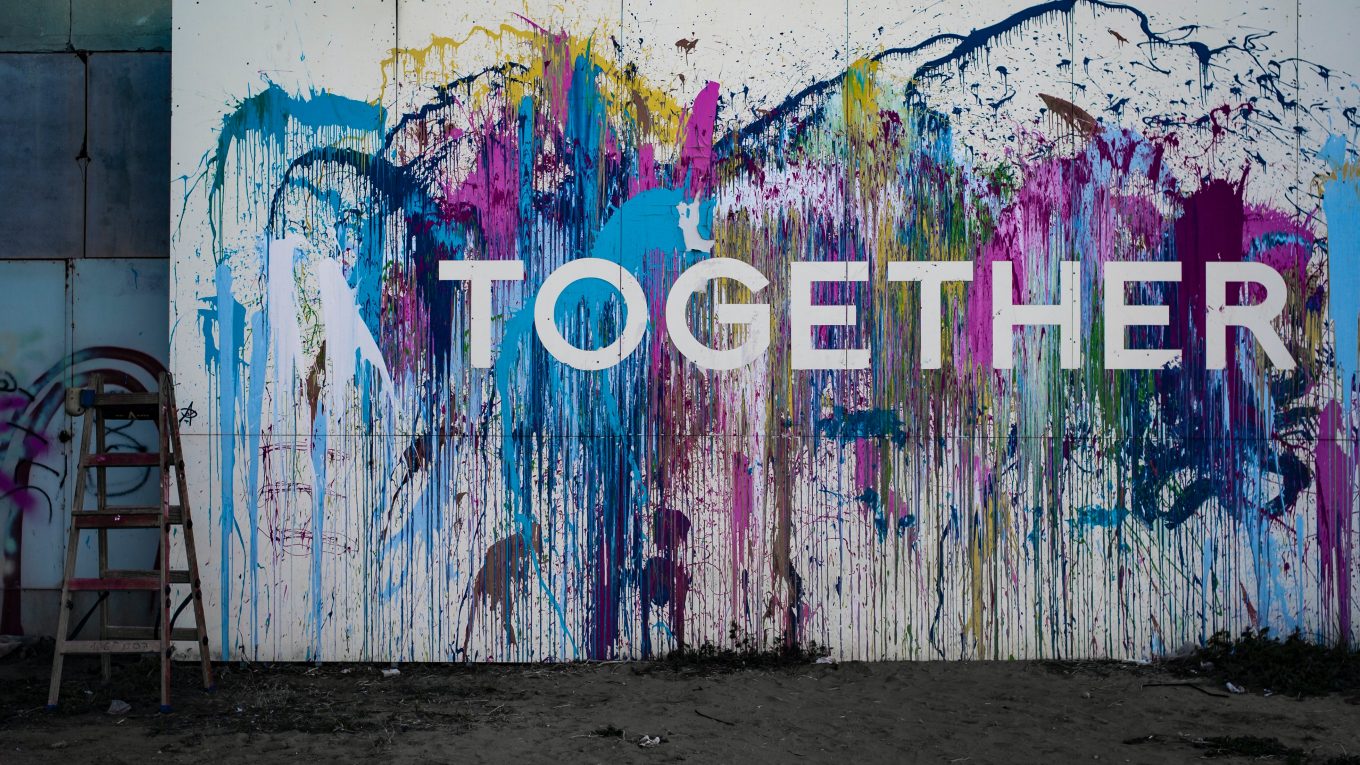MES conference proposals
Here I share conference proposals I have written for the Media Education Symposium that will be held in Vancouver, Canada on March
The call for proposals suggests either a paper or conversation option that “broadly address ecological research, pedagogies, practices and conjunctures across the fields of media education and media literacies”. The theme (as outlined on the MES conference site) focuses on “Media Edu-cologies, a construction that captures a complex set of ecological and environmental concerns now at the very centre of our field”.
Proposal 1:
Title: Shining a light on digital literacies in Canadian faculties of education
Abstract: In light of global initiatives and research into digital literacies, the time has come to shine a light on digital literacy practices and research in Canadian faculties of education. Just as Canadian singer/songwriter Leonard Cohen suggests, finding the cracks and imperfections can allow the light of innovation to shine through. In this presentation, research emerging from across Canadian teacher education will be illuminated, revealing distinctive patterns in teaching, learning, and research into digital literacies and digital competencies (DeWaard, 2022). Research into digital readiness, a digital competence profile, and self-study scholarship reveals the patchy nature of measurement of digital literacies in Canadian faculties of education. Global trends to enhance digital literacy learning and digital competency development in teacher education will be spotlighted (Tomczyk & Fedeli, 2022).
This presentation shares insights into contextual factors, limitations, and barriers that impact teaching and learning in faculties of education in Canada, as we safeguard against “the commodification of knowledge and the privatizing of both the learning process and the spaces in which it takes place” (Giroux, 2012, paragraph 6). In light of the implementation of Bill C-27 – Canada’s Digital Charter (2022), this session will be of particular importance to all educators who explore, infuse, and research digital literacy and digital competency in higher education.
References:
DeWaard, H. (2022). Letting the light shine in: A tapestry of digital literacies in Canadian faculties of education. In L. Tomczyk & L. Fedeli (Eds.), Digital Literacy for Teachers. Springer Nature. https://doi.org/https://link.springer.com/chapter/10.1007/978-981-19-1738-7_8
Giroux, H. (2012, December 17). The war against teachers as public intellectuals in dark times. Op-ed. Truthout. https://truthout.org/articles/the-corporate-war-against-teachers-as-public-intellectuals-in-dark-times/
Government of Canada. (2022, August 30). Building a foundation of trust. Canada’s Digital Charter: Trust in a Digital World. https://ised-isde.canada.ca/site/innovation-better-canada/en/canadas-digital-charter-trust-digital-world
Tomczyk, Ł., & Fedeli, L. (Eds.). (2022). Digital Literacy for Teachers. Springer Nature Singapore. https://doi.org/10.1007/978-981-19-1738-7
World Economic Forum. (n.d.). Centre for the fourth industrial revolution. https://initiatives.weforum.org/c4ir
Keywords: digital literacy, digital competency, faculties of education, Canada
Proposal 2:
In search of a path forward: Educommunication and critical media in Canadian education
Educommunication, found predominantly within Latin American media education ecologies, may offer a path toward global engagement of critical media education. This session is an invitation to engage in national and international dialogues, as framed by a book chapter written by the presenter (DeWaard, in press) examining educommunication and critical media education in the support of the development of informed, attentive, and active media educators essential to a civic society. In this conversation session, the concept of educommunication will be discussed from Canadian education perspectives and contrasted to conceptions of critical media literacy. The connection to faculties of education as sites ‘of the people’ (Rincon & Marroquin, 2020), where the education/ communication intersection can draw from community-based practices that engage citizen participation, all with an orientation toward transforming people’s lives (Barbas, 2020). The session will include active engagement of participants through the use of Liberating Structures teaching strategies. Results from a scan across Canadian educational spaces (educologies), with a specific focus on connections to teacher education programs, will be shared.
References:
Barbas, A. (2020). Educommunication for social change. In H. Stephansen & E. Treré (Eds.), Citizen media and practice: Currents, connections, challenges (pp. 73–88). Routledge.
DeWaard, H. (In Press). Finding educommunication: In search of praxis in Canadian educologies. In S. Gennaro, N. Higdon, & M. Hoechsmann (Eds.), Transformative Practice in Critical Media Literacy: Radical Democracy and Decolonized Pedagogy in Higher Education. Routledge.
Liberating Structures. [website]. https://www.liberatingstructures.com
Rincon, O., & Marroquin, A. (2020). The Latin American lo popular as a theory of communication. In H. C. Stephansen & E. Treré (Eds.), Citizen media and practice: Currents, connections, challenges. Routledge.
Proposal 3 (collaborative, virtual session)
Title: Build it in Beta: Media literacy practice through the integration of eportfolios in teacher education
Abstract:
For preservice teachers in a two-year faculty of education program in Ontario, the integration of an e-portfolio aims to enhance students’ experiences with reflection and potentially support the development of media literacies through the use of digital technologies. Initially integrated in order to meet the Ontario College of Teachers requirements for accreditation for teacher education in Ontario (OCT Accreditation guidelines, 2017), the research presented in this session shares students’ and faculty experiences with e-portfolio technology and their perceptions of media literacy, digital literacy and/or competency with technology.
Results from recent surveys shows a lack of experience with web publication for both students and faculty. Challenges included: student and faculty lack of knowledge, skills, and technical fluency; tensions that emerge between coursework (grades, assignments) vs developing a professional identity; time vs value and benefits; and, clarity of expectations and purpose. Benefits include: professional value particularly in creating a digital persona and gaining technical skills and fluencies, while experiencing web publication; ability to sharing and/or curating resources; exhibiting individual creativity with media production; pride of ownership; and, enhancing environmental sustainability by going paperless. Data suggests possible next steps toward flourishing as a faculty, particularly in the areas of student satisfaction, faculty support, and future system directions for enhancing the implementation of e-portfolios in the faculty of education. E-portfolios can provide opportunities for teachers and teacher candidates to model media and digital skills and shifting mindsets, through the creation of a safe and secure professional identity while sharing media rich web publications.
Keywords: media literacy, digital literacy, eportfolio, digital competency, faculties of education, Canada
